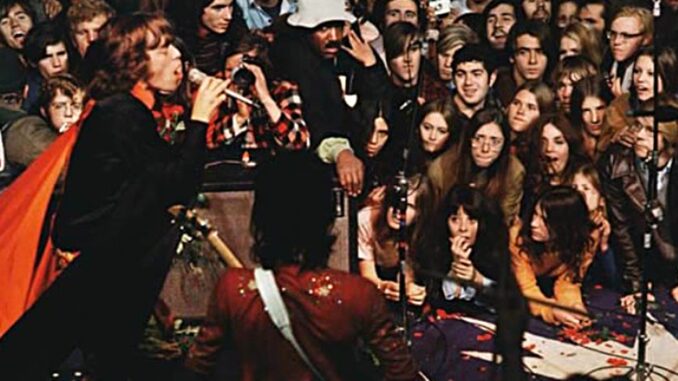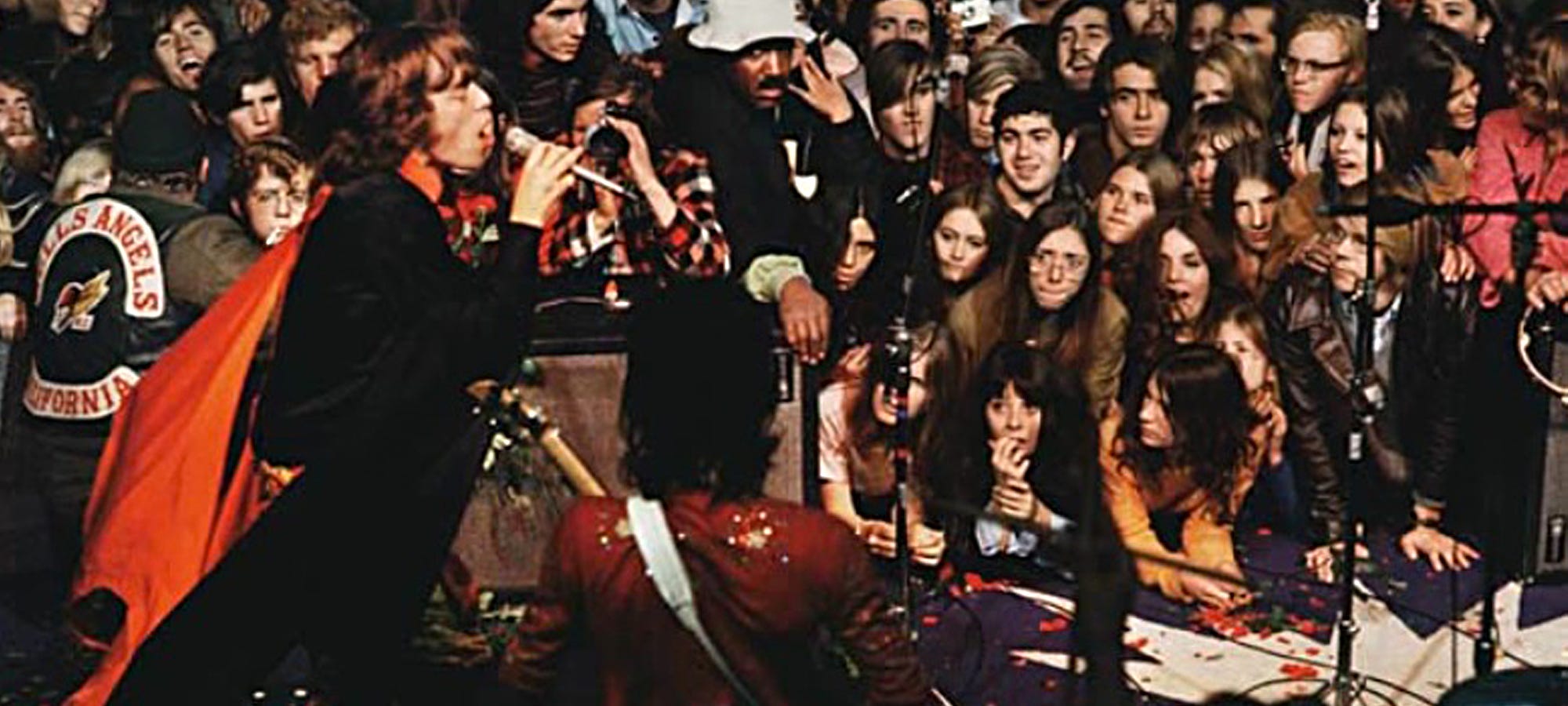
 Charlie Watts, the Rolling Stones’ Drummer and Inimitable Backbone, Dead at 80
Charlie Watts, the Rolling Stones’ Drummer and Inimitable Backbone, Dead at 80
CHARLES ROBERT “CHARLIE” Watts, the Rolling Stones‘ drummer and the band’s irreplaceable heartbeat, has died at age 80. No cause of death was given.
Watts’ publicist confirmed his death in a statement. “It is with immense sadness that we announce the death of our beloved Charlie Watts,” it read. “He passed away peacefully in a London hospital earlier [Tuesday] surrounded by his family.” The statement referred to Watts as “one of the greatest drummers of his generation” and closed by requesting that “the privacy of his family, band members, and close friends is respected at this difficult time.”
Watts’ death comes several weeks after it was announced that the drummer would not be able to perform on the Rolling Stones’ No Filter Tour of U.S. stadiums. “Charlie has had a procedure which was completely successful, but his doctors this week concluded that he now needs proper rest and recuperation,” a rep for the band said in a statement at the time. “With rehearsals starting in a couple of weeks, it’s very disappointing to say the least, but it’s also fair to say no one saw this coming.”
It was hard to imagine the Stones without Watts even then, though. His light touch, singular rhythmic sense, and impeccable feel, as heard on canonical rock songs such as “Paint It, Black,” “Gimme Shelter,” and “Brown Sugar,” made him both the engine that powered the Stones’ music and one of the most famous and respected drummers of all time.
As Keith Richards said in 1979: “Everybody thinks Mick and Keith are the Rolling Stones. If Charlie wasn’t doing what he’s doing on drums, that wouldn’t be true at all. You’d find out that Charlie Watts is the Stones.”
And yet, Watts was very different from the rest of the Stones. His dapper dress sense — Vanity Fair elected Watts to the International Best Dressed List Hall of Fame — was ultimately more in line with the jazz he loved and sometimes played than rock & roll. Watts also famously remained faithful to Shirley Shepherd, his wife since 1964, which set him somewhat apart from his excessive, hard-partying bandmates.
Unlike born road warriors such as Keith Richards, Watts often seemed uninterested in touring and gave the distinct impression the Stones was a job more than a calling or a lifestyle choice. His battle with drugs and alcohol in the mid-Eighties was, like many things about the man, largely private. “I’m big on letting people do what they want, which doesn’t make for good bandleaders,” he told Rolling Stone in 1991. “If I had led the Rolling Stones, they wouldn’t have gotten anywhere. We’d still be running around trying to find an amp, 30 years later.”

Leave a Reply